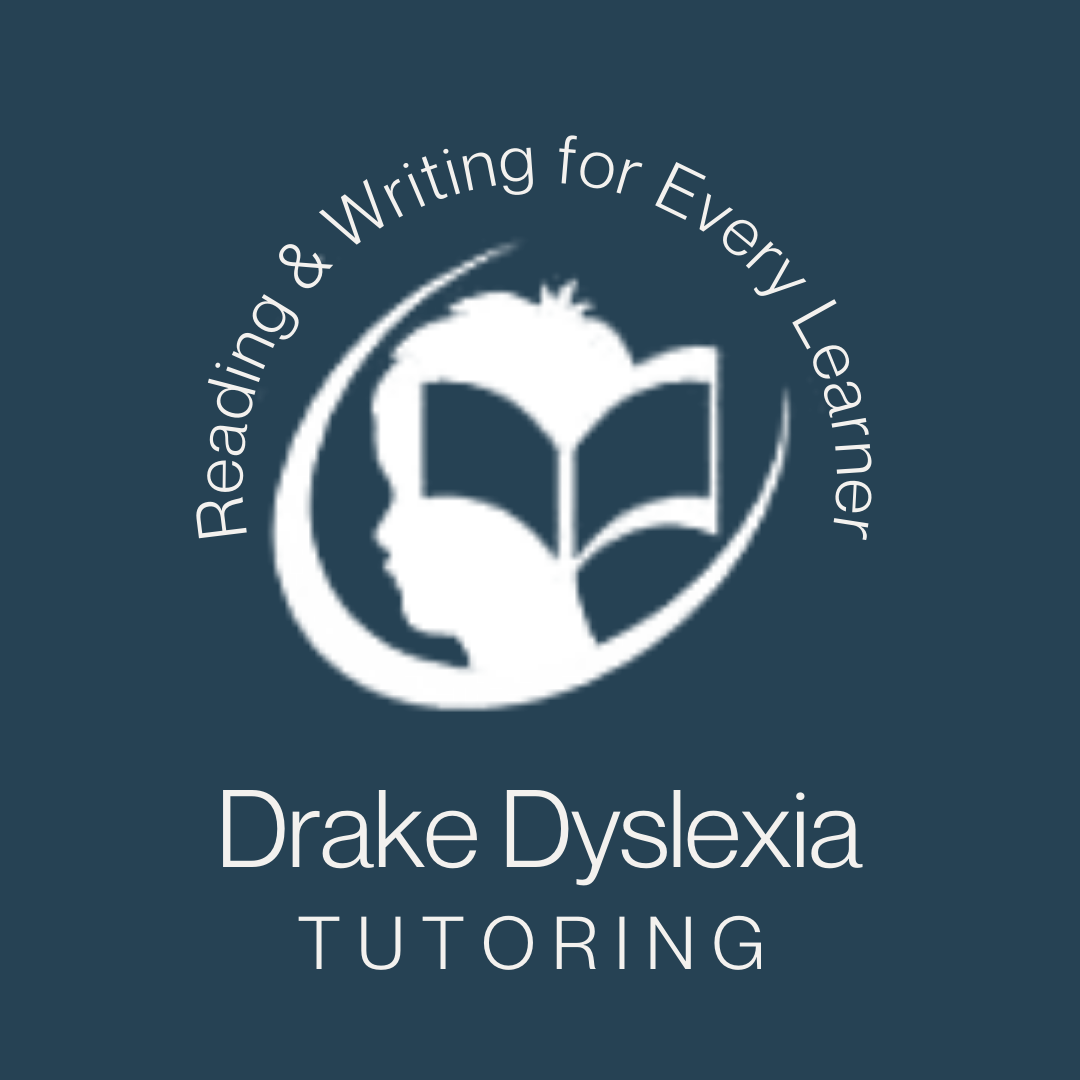
Math Tutoring
For students with Dyscalculia & Dyslexia
Dyscalculia in a Nutshell
Dyscalculia is best characterized by a difficulty with math. Those with dyscalculia often struggle with fundamental concepts like bigger vs. smaller, recognizing math symbols, and applying rote concepts, such as counting, using a number line, completing simple calculations, and memorizing multiplication tables. As students age, difficulties with solving situational math problems and abstract math becomes apparent, such as solving word problems or understanding dividing/converting fractions.
Touch Math & Mortensen Math
These two highly interactive, visual, auditory, and tactile programs aim to teach math using a unique multi-sensory approach for students who otherwise seem to struggle to learn foundational math concepts in the traditional way. By employing manipulatives, children begin to understand and integrate abstract processes. With the support of these concrete (and tangible) teaching methods, students with dyscalculia can achieve higher-level math quickly, not to mention doing so in an engaging and hands-on way.
Next Steps
If your child has specific learning difficulties in math and you are ready to explore dyscalculia-specific learning, contact Heidi for tutoring support.
To start, tutoring once a week is recommended and typically sufficient. The student must practice new math concepts daily, and the tutor will provide math resources.



